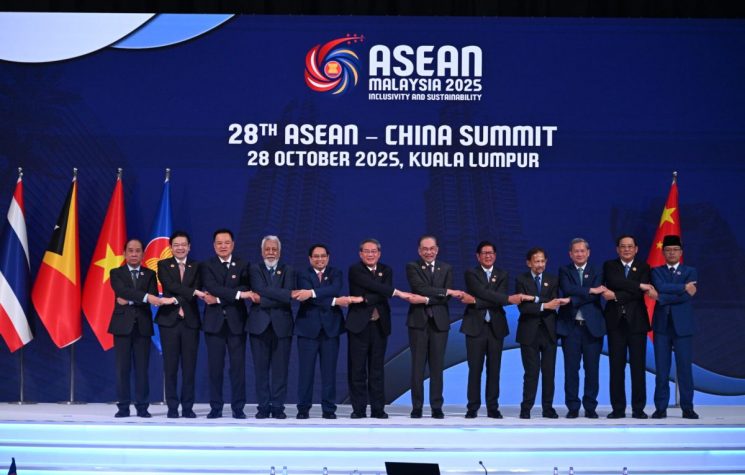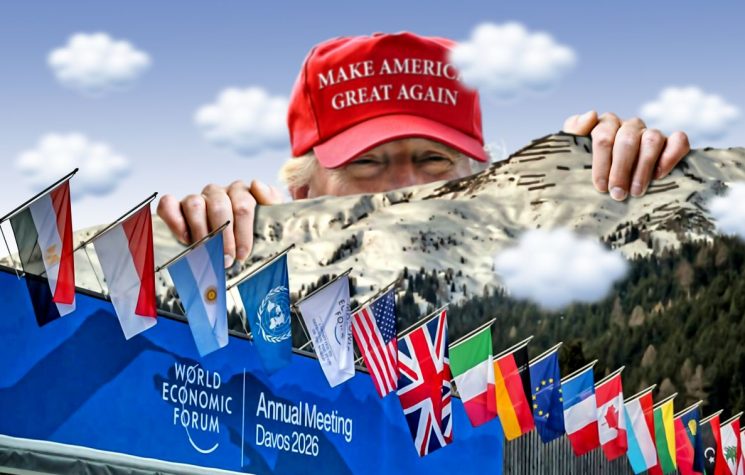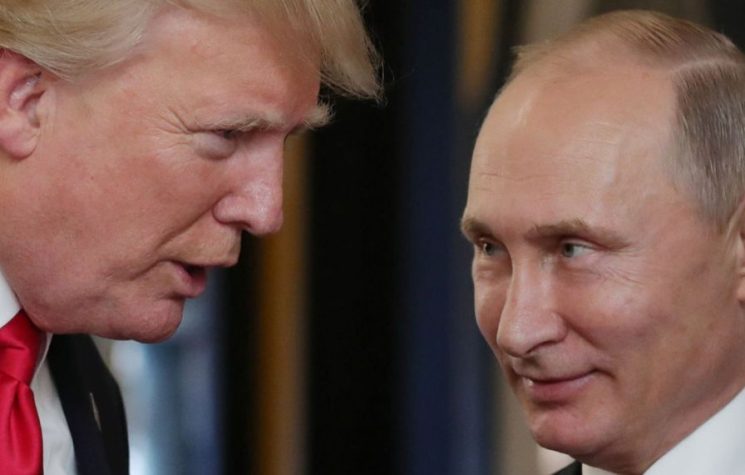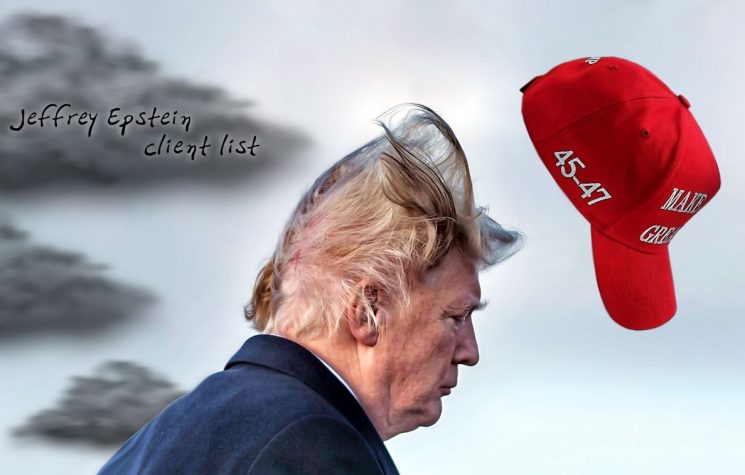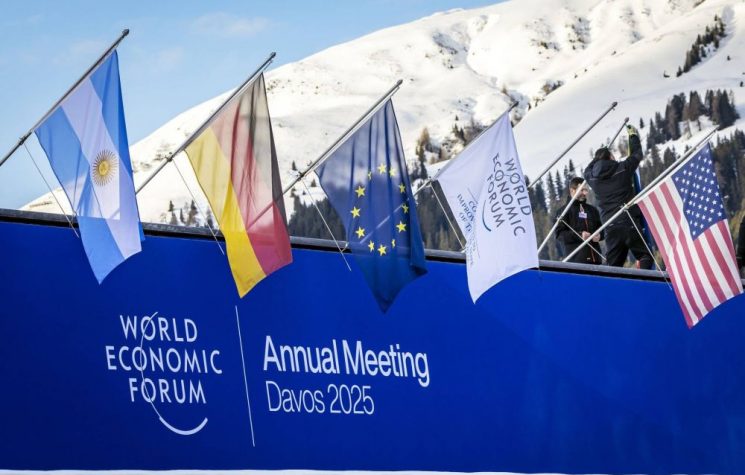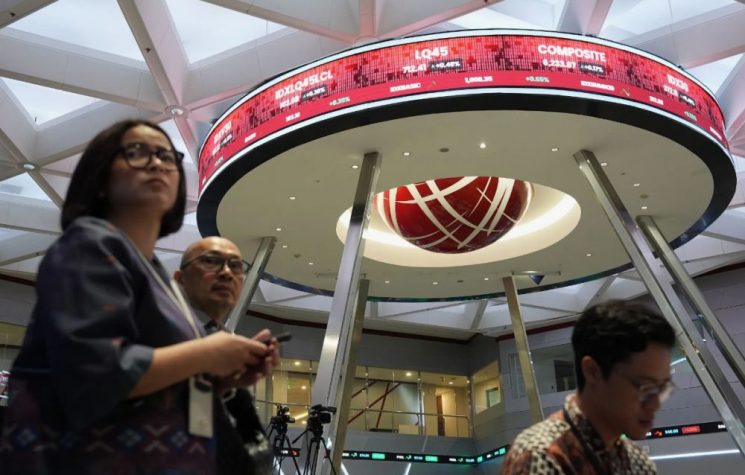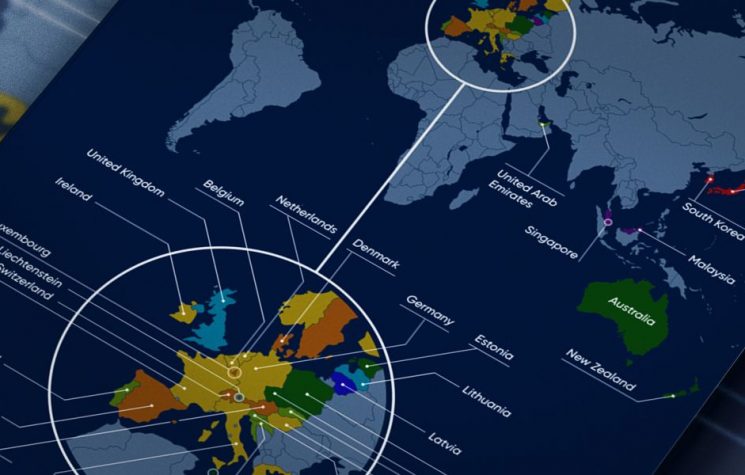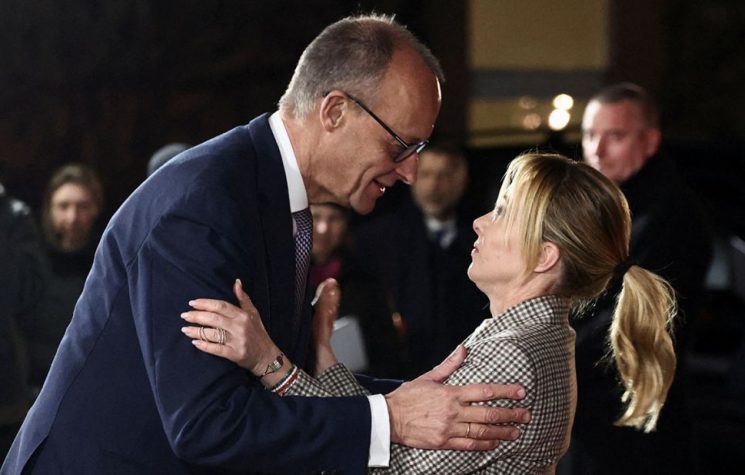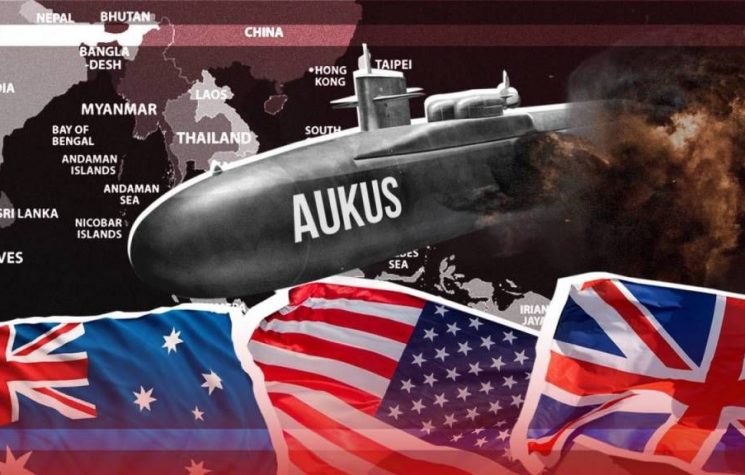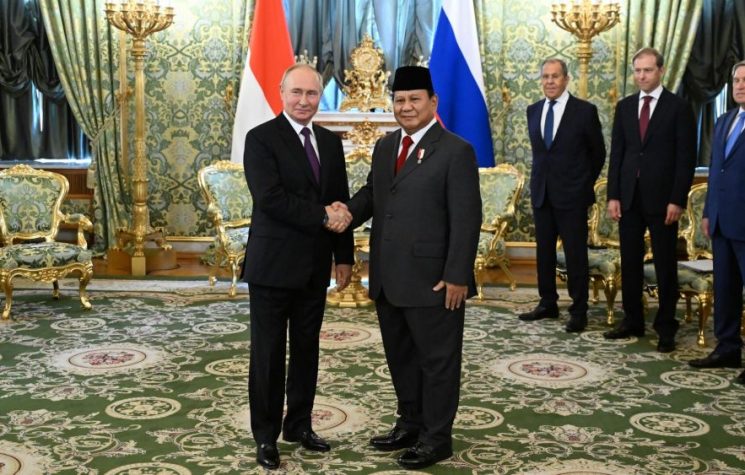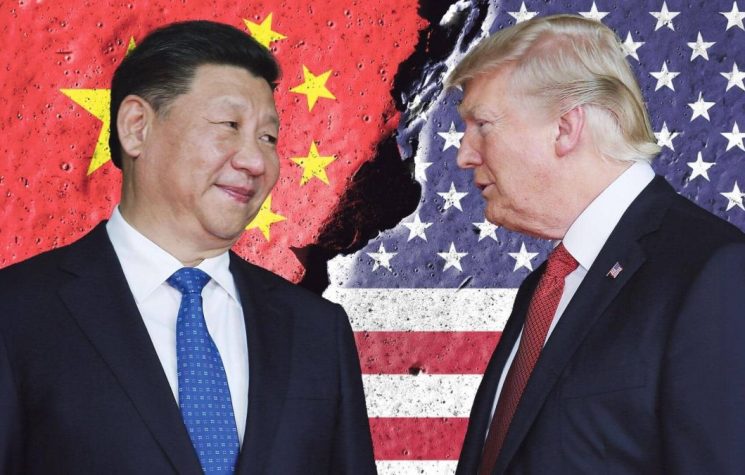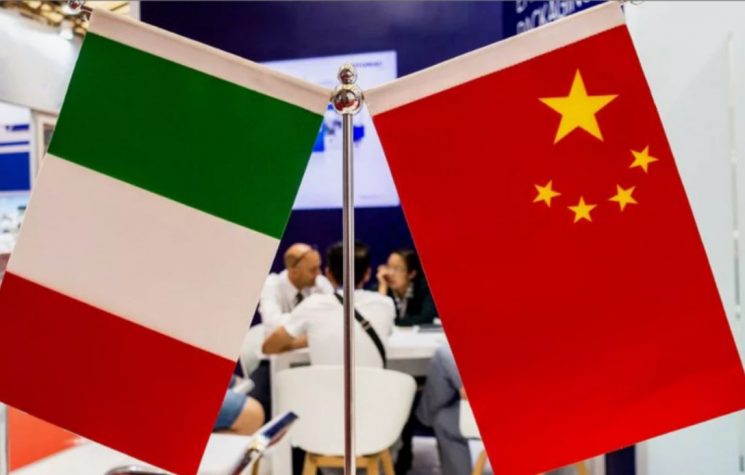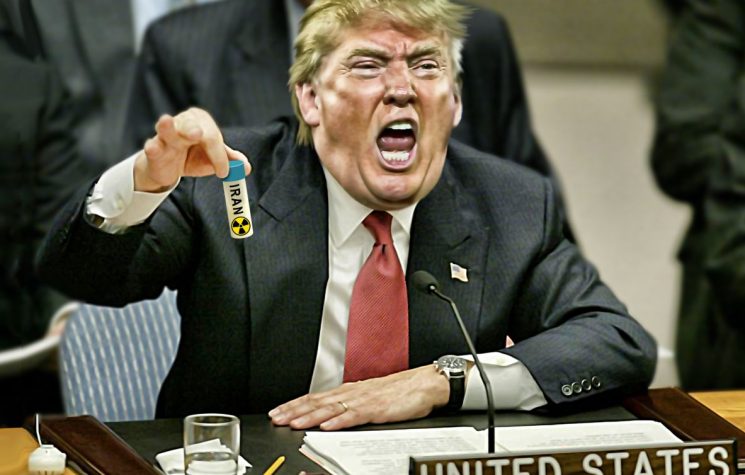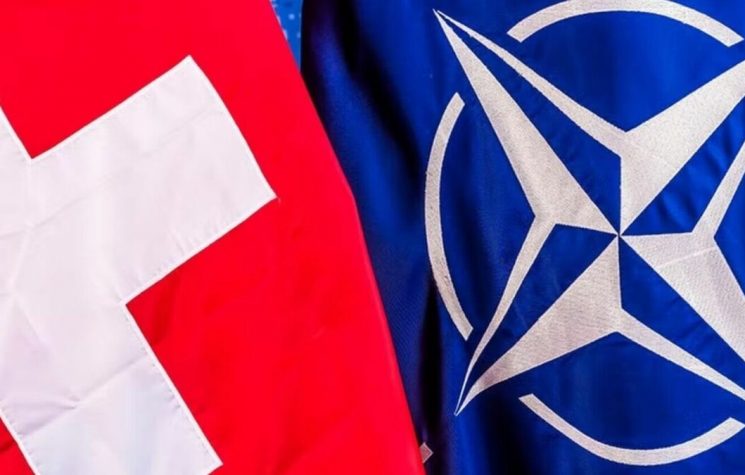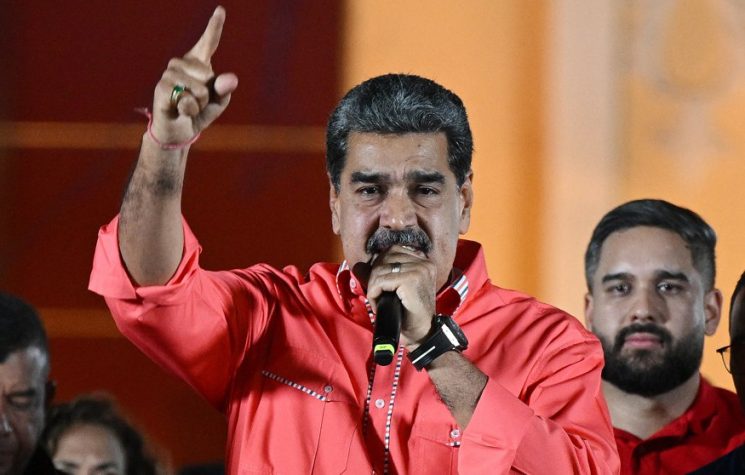What image is America projecting of itself? Once again, one of ridicule.
Join us on Telegram![]() , Twitter
, Twitter![]() , and VK
, and VK![]() .
.
Contact us: info@strategic-culture.su
Please don’t laugh
Okay, okay, okay. Hold on, everyone. There’s a joke to tell: basically, a Republican from South Carolina said that there will be a secondary tariff of 500% (yes, you read that right) on products imported from Russia, with a significant impact on China. All this would be a terrible threat to Moscow from Trump, who has threatened new tariffs against Putin’s Russia as a means of pushing for peace in Ukraine.
Okay, now you can dry your tears from laughing.
Now that we’re back to being serious, we can’t help but comment on these statements.
Let’s start with our first impression: someone should advise Trump and his loyal followers to see a good psychiatrist, who would surely prescribe one of those terrible medicines that are so popular in America, so that he too could finally put a stop to his delusions. Only the US can really think that Russia and China care about them; only Americans can feel so much like the center of the world that they think that the countries that are dominating (read that three times, please) the world can be intimidated by a few trade sanctions.
Not least because these sanctions affect the American people, who cannot do without imported products, and certainly not Russian or Chinese companies, which will continue to sell, even at higher prices and with better profit margins, managing to wipe out some of the competition.
Only a madman could really think that such a measure is good for his country’s economy… unless that madman intends to systematically demolish his country’s entire monetary system. In that case, well done Donald.
Okay, so what?
Trump has promised a 100% secondary tariff if Putin does not end the war within 50 days, but Graham’s bill, introduced alongside Senator Richard Blumenthal, a Democrat from Connecticut, would give the president the power to impose much higher tariffs if he deems it appropriate.
China’s massive oil purchases have been a key support for the Russian economy, which has been hit hard by sanctions imposed following the invasion of Ukraine. During a press conference on Tuesday, July 15, Lin Jian, spokesperson for the Chinese Foreign Ministry, reiterated that Beijing’s position on the Ukrainian conflict has remained consistent and transparent: the end of hostilities can only come through dialogue and a negotiated solution. China firmly opposes any unauthorized unilateral sanctions and the use of extraterritorial jurisdiction. A trade war produces no winners, and the use of coercion and pressure does not contribute to the resolution of problems.
America seems not to have understood this warning, so much so that Senator Graham, a few days ago during a live TV broadcast, announced that he and his colleague Blumenthal had gathered the support of 85 senators for the bill they had presented, out of a total of 100 members of the Senate. According to Graham, the legislative proposal would provide Trump with a “powerful tool” to hit the Russian economy hard and also punish those countries that actively contribute to the Kremlin’s war machine.
China, India, and Brazil continue to import oil, oil derivatives, and other products from Russia. It is precisely these funds that allow Putin to sustain the conflict, according to Republican senators. The proposed package of measures would give former President Trump maximum discretion in imposing secondary tariffs, allowing him to apply tariffs ranging from zero to 500% on countries that trade with Moscow and thus indirectly support its military aggression.
In addition to the new sanctions, Trump has also promised to send more Patriot missile systems to Ukraine to strengthen its air defense, stressing that European allies will bear the costs of supplying high-tech American weapons, thereby increasing pressure on Putin to agree to a truce. Meanwhile, Russia has intensified its air strikes against Ukrainian cities, using drones and missiles, while massing troops along the border and advancing into the eastern regions of the country. Moscow’s continued and growing military commitment has irritated Trump, who is trying to foster a diplomatic agreement to end the hostilities, and has led him to express direct criticism of the Russian president.
The crazy thing is that the proposal was also embraced by the European Commission when Ursula Von der Leyen met with Graham in Berlin back in June. The rhetoric of “breaking Russia’s back” continues to hover among the halls of Western power, yet no one seems to have realized yet that it is a gigantic falsehood. The disastrous sanctions that have reduced Europe to a rag to be thrown away were not enough; now we need these new tariffs. They are now a tool that does not even work psychologically. Everything is clear, everything is increasingly poor.
Trump has made extensive use of tariffs to advance his foreign policy agenda—as he did in his first administration—but their implementation has been uneven. The 145% tariffs on China, imposed in April, lasted a month before being drastically reduced to make way for trade negotiations, which have so far failed to secure a breakthrough. As it stands, the bill includes some levers that Trump could pull to prevent the tariffs from being applied, requiring the president to formally declare that Russia refuses to negotiate or has violated any future peace agreement.
Technically, it is unlikely that the Senate and House of Representatives will have time to vote on the Graham-Blumenthal bill before the summer recess, which will keep Congress in recess until September 1. And September 2 is the deadline for the 50-day extension granted by Trump on sanctions, but Congress will have to urgently address the budget in order to approve it by October 1 and not freeze the government’s work, not until the sanctions. This is a typical American political tactic of “postponing thorny issues until better times,” counting on a change in the agenda or a reduction in the urgency of the issue and, at the same time, an attempt to preserve room for maneuver, avoiding an immediate escalation of relations with Russia’s major trading partners, such as China and India.
If anyone thinks that because Trump said 50 days, then in 50 days there will definitely be sanctions, they are mistaken. It is not necessary at all. Trump said he would end the war in Ukraine within 24 hours. So, did he do it?
Enjoy the rest of the show. Meanwhile, China and Russia are set to see their GDP rise again in 2025 and are looking forward to 2026 with enthusiasm and freedom.
What image is America projecting of itself? Once again, one of ridicule. Instead of addressing the internal collapse and social issues that continue to plague domestic health, the US government is trying to impress the whole world by acting tough. 500% is an unsustainable figure from every point of view. Only an American cowboy could make such a grandiose claim.










